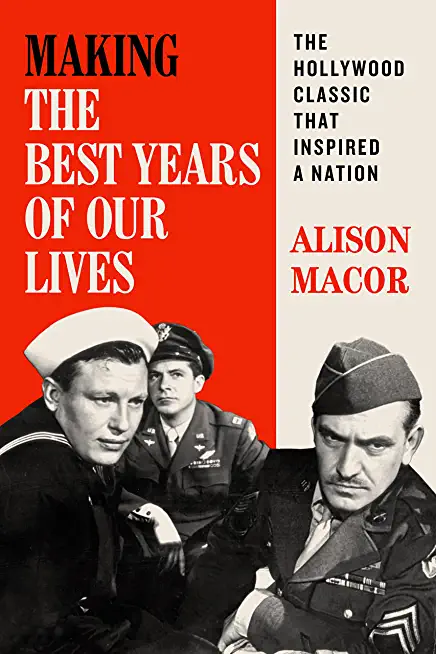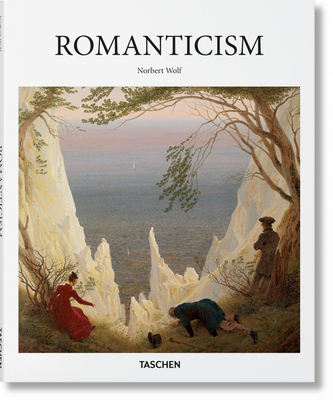
Macor, Alison
Released in 1946, The Best Years of Our Lives became an immediate success. Life magazine called it "the first big, good movie of the post-war era" to tackle the "veterans problem." Today we call that problem PTSD, but in the initial aftermath of World War II, the modern language of war trauma did not exist. The film earned the producer Samuel Goldwyn his only Best Picture Academy Award. It offered the injured director, William Wyler, a triumphant postwar return to Hollywood. And for Harold Russell, a double amputee who costarred with Fredric March and Dana Andrews, the film provided a surprising second act.
Award-winning author Alison Macor illuminates the film's journey from script to screen and describes how this authentic motion picture moved audiences worldwide. General Omar Bradley believed The Best Years of Our Lives would help "the American people to build an even better democracy" following the war, and the movie inspired broad reflection on reintegrating the walking wounded. But the film's nuanced critique of American ideals also made it a target, and the picture and its creators were swept up in the anti-Communist witch hunts of the late 1940s. In this authoritative history, Macor chronicles the making and meaning of a film that changed America.
member goods
listens & views

ROSALYN TURECK COLLECTION V: 5 ...
by BACH / MOZART / TURECK / OSLO PHIL / GRUNER-HEGGE
COMPACT DISCout of stock
$31.99






